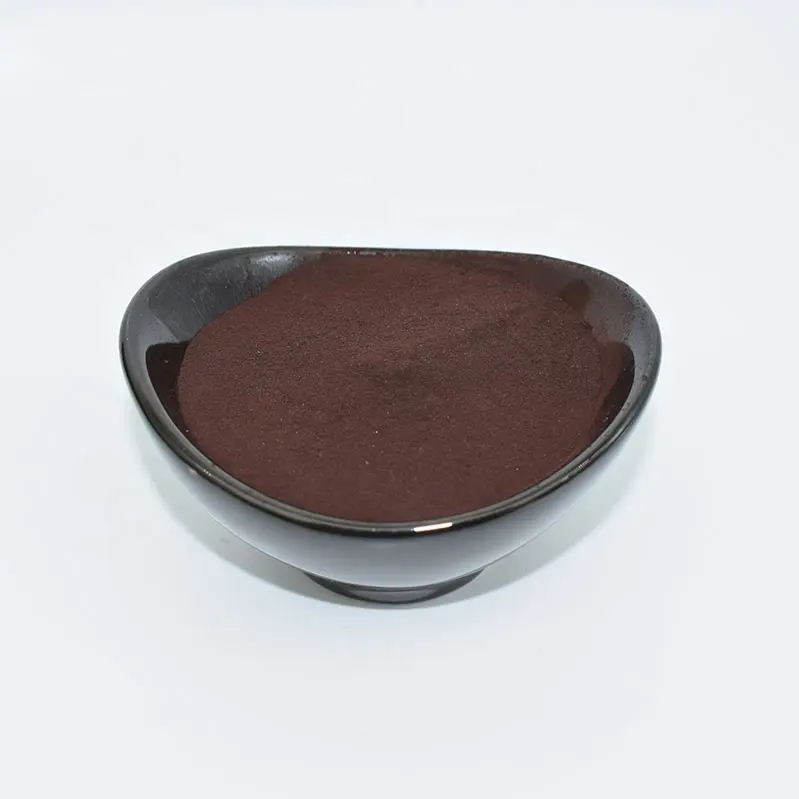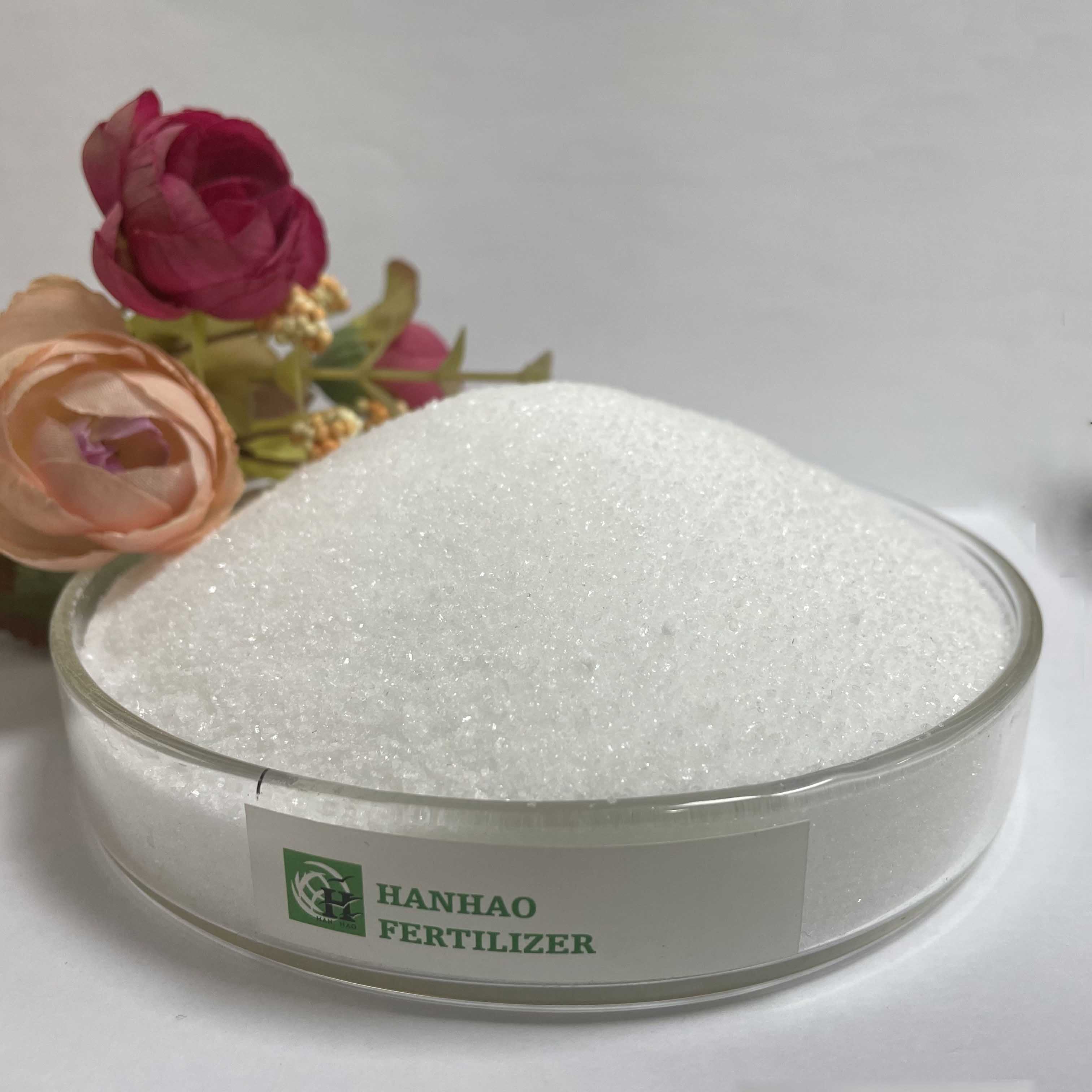
May . 31, 2025 03:18 Back to list
46-0-0 High-Nitrogen Fertilizer Premium Quality & Fast Absorption
- Understanding 46-0-0 Fertilizer Composition
- Data-Backed Impact on Crop Yield Performance
- Technical Superiority of Modern Fertilizer Blends
- Leading Compound Fertilizer Manufacturers Comparison
- Customized Formulation Strategies for Agriculture
- Successful Field Implementation Case Studies
- Future Perspectives for 46-0-0 Fertilizer Applications

(46-0-0 fertilizer)
Fundamentals of 46-0-0 Fertilizer Composition
Urea-based 46-0-0 fertilizer
represents agriculture's most concentrated nitrogen source, providing essential amide nitrogen that gradually transforms into ammonium and nitrate forms. The 46% nitrogen content dramatically outperforms alternatives like ammonium sulfate (21% N) or calcium nitrate (15.5% N) in nitrogen efficiency per kilogram. Modern processing utilizes advanced prilling technology creating spherical granules between 2-4mm diameter with remarkable uniformity. This physical consistency ensures precise spreading patterns when applied through aerial broadcast equipment or ground rigs.
Manufacturers implement specialized anti-caking treatments during production, coating particles with proprietary urease inhibitors that reduce nitrogen loss from volatilization. Independent analysis from Iowa State University demonstrates these coatings preserve up to 73% of applied nitrogen compared to 58% preservation in non-treated alternatives. When stored correctly in moisture-controlled facilities, the material maintains free-flowing properties for up to 18 months without significant degradation.
Quantifiable Impact on Agricultural Productivity
Controlled studies by the USDA Agricultural Research Service document measurable yield improvements from optimized 46-0-0 application. Corn trials across Nebraska demonstrated 9.8-12.3% higher productivity versus conventional NPK formulas, with sorghum showing 11.4% average gains. The nitrogen utilization efficiency (NUE) index reached 62.7% compared to 51.1% for standard NPK solutions. This translates directly to reduced input requirements per output unit across major commodity crops.
Economic assessment models reveal compelling operational advantages. Based on 2024 pricing data, farmers achieve 5% lower per-acre fertilization costs while maintaining identical nitrogen loading. Winter wheat operations in Kansas recorded $38.72/acre savings when switching from 34-0-0 to 46-0-0 formulations. The high solubility rate (108g/100ml at 20°C) enables superior integration with precision irrigation systems, reducing application labor by up to 45% compared to dry broadcasting methods.
Technical Innovations in Modern Fertilizer Blends
Leading manufacturers now incorporate patented slow-release technologies into compound formulas. Polymer-coated variants with 42-day nutrient release profiles have demonstrated 19% less nitrate leaching in EPA groundwater studies. Sulphur-coated compound fertilizers featuring NPK 15-12-24 formulations represent particular advances for fruit and vegetable production. Specialized granulation techniques optimize the hardness index to 38N/mm² while maintaining 95% granule uniformity.
Recent manufacturing innovations include 12-stage drum granulation processes that achieve superior nutrient distribution within each granule. Chromatographic analysis confirms nutrient concentration variances under 1.2% within production lots. These production methods overcome the segregation problems common in blended fertilizers. The resulting NPK 20-20-20 granular fertilizers maintain consistent nutrient ratios regardless of transport conditions or storage duration.
Comparative Analysis of Industry-Leading Producers
| Manufacturer | Production Capacity | Specialized Formulations | Quality Certifications | Granule Uniformity |
|---|---|---|---|---|
| Supplier A | 850,000 MT/year | NPK 20-20-20, 15-12-24 | ISO 9001, OCP | 94.7% |
| Supplier B | 1.2M MT/year | NPK 18-18-18, 16-20-0 | HACCP, FAMI-QS | 96.3% |
| Supplier C | 650,000 MT/year | NPK 15-12-24, 14-14-14 | BRC, ISO 14001 | 93.2% |
Major producers utilize continuous drum granulation technology capable of 98% material utilization rates. The most advanced facilities implement neutron moisture gauges for real-time process control, maintaining moisture content at precisely 1.2%±0.3%. Leading NPK 15-12-24 manufacturers operate under pharmaceutical-grade quality systems where each production lot undergoes spectroscopic analysis.
Tailored Fertilization Solutions Methodology
Sophisticated fertility programs incorporate soil sensor networks mapping NPK deficiencies at 15-meter grid resolution. Combining this data with crop-specific nutrient uptake models allows compound fertilizer granular formulations to address exact nutritional requirements. Custom 46-0-0 blends incorporate site-specific stabilizers such as NBPT (N-(n-butyl) thiophosphoric triamide) that reduces NH3 volatilization loss by 55% compared to standard applications.
Manufacturers' proprietary software calculates precise nutrient interaction coefficients, optimizing blending ratios for local conditions. These algorithms account for over 43 soil parameters including CEC, pH, organic matter percentage, and historical yield data. Custom NPK mixtures frequently incorporate secondary nutrients like magnesium and zinc at concentrations between 0.1-0.5% to address regional deficiencies.
Documented Case Studies Across Agricultural Sectors
Florida citrus operations implemented 46-0-0 compound fertilizer programs with micronutrient enrichment, achieving 12.5% higher fruit brix levels while reducing total nitrogen application by 27%. Soil nitrate levels measured 38% lower at 60cm depth compared to conventional fertilization methods. The precision application utilized GPS-guided variable rate spreaders achieving placement accuracy within 2.5cm of target root zones.
Ukrainian wheat farms documented outcomes after switching to custom 15-12-24 NPK blends. Five-year data demonstrates 3.4 MT/ha average yield improvements despite 18% reduction in total fertilizer volumes. Protein content increased from 11.7% to 13.2% while reducing lodging incidence by 73%. These improvements generated net revenue increases exceeding $154/hectare despite elevated fertilizer formulation costs.
Sustainable Perspectives for 46-0-0 Fertilizer
Contemporary manufacturing facilities implement carbon capture technologies reducing CO2 emissions by 1.2 tons per ton of produced fertilizer. These enhancements complement the intrinsic efficiency advantages of 46-0-0 formulations. Industry-wide adoption could potentially reduce global nitrogen fertilizer emissions by 18 million metric tons annually. Combined with precision application technologies, modern nitrogen management achieves unprecedented nutrient utilization efficiencies exceeding 70% in controlled trials.
Ongoing research focuses on nanocomposite coatings for compound fertilizer granular products that synchronize nutrient release with crop demand curves. These innovations promise to further bridge the gap between maximum productivity and minimal environmental impact. The fertilizer industry's commitment to advancing 46-0-0 formulations ensures agricultural systems will continue delivering essential nutrition for global populations while protecting critical soil resources.

(46-0-0 fertilizer)
FAQS on 46-0-0 fertilizer
Q: What is 46-0-0 fertilizer used for?
A: 46-0-0 fertilizer is a high-nitrogen fertilizer primarily used to promote vigorous vegetative growth in plants. It contains 46% nitrogen and no phosphorus or potassium, making it ideal for crops requiring a nitrogen boost. Common applications include lawns, leafy vegetables, and crops during early growth stages.
Q: How does 46-0-0 fertilizer differ from NPK 20-20-20 compound fertilizer?
A: 46-0-0 fertilizer provides only nitrogen, while NPK 20-20-20 offers balanced nitrogen, phosphorus, and potassium. The 20-20-20 blend supports overall plant health, root development, and flowering, whereas 46-0-0 is specialized for rapid green growth. Choosing between them depends on the plant’s growth stage and nutrient needs.
Q: Where can I find reliable NPK 15-12-24 compound fertilizer manufacturers?
A: Reputable NPK 15-12-24 compound fertilizer manufacturers can be found through agricultural trade directories or industry-specific B2B platforms. Verify certifications like ISO or local agricultural standards to ensure quality. Many suppliers also offer customized formulations and bulk-order options.
Q: Is granular fertilizer better than liquid fertilizer for NPK 15-12-24?
A: Granular NPK 15-12-24 fertilizer provides slow-release nutrition, ideal for long-term soil enrichment. Liquid fertilizers act faster but require frequent application. The choice depends on crop type, soil conditions, and desired nutrient delivery speed.
Q: What should I consider when selecting a compound fertilizer supplier?
A: Prioritize suppliers with proven expertise in producing your required NPK ratio (e.g., 15-12-24 or 20-20-20). Check reviews, production capacity, and compliance with safety regulations. Request samples to test product consistency before large-scale purchases.
-
Organic 10-10-10 Fertilizer: Balanced NPK for Healthy Plants
NewsAug.27,2025
-
10 10 10 Organic Fertilizer: Balanced NPK for Healthy Plants
NewsAug.26,2025
-
Organic 10-10-10 Fertilizer: Balanced NPK for Healthy Plants
NewsAug.25,2025
-
Premium 15-30-15 Granular Fertilizer for Vigorous Growth
NewsAug.24,2025
-
Organic Amino Acid Fertilizer for Plants | Boost Growth & Yield
NewsAug.23,2025
-
Calcium Ammonium Nitrate (CAN) White Granular Agriculture Fertilizer
NewsAug.22,2025
